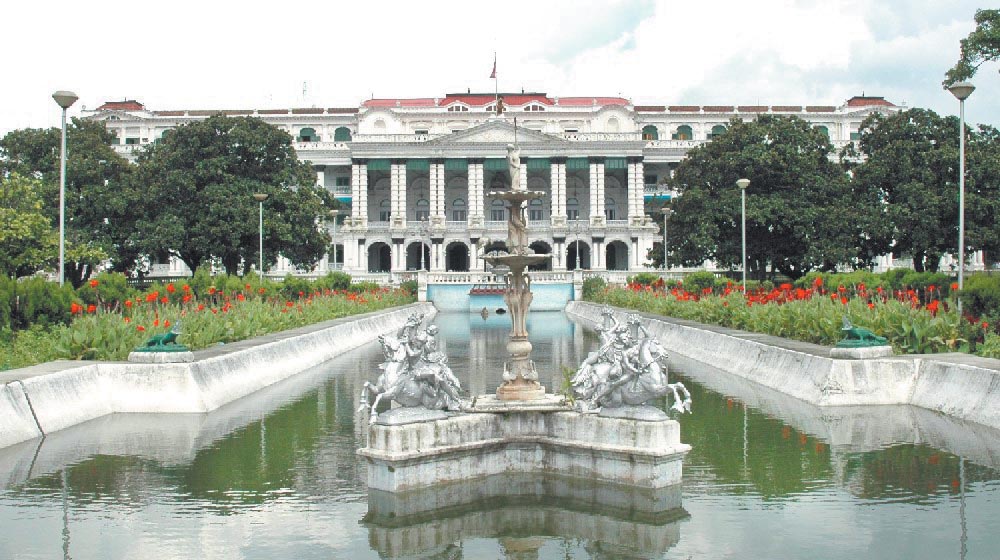Govt to amend transitional justice act: AG
- Kharel said the government was coming up with provisions on reparations, relief, public apology and memorialisation of victims
Kathmandu, April 11
Attorney General Agni Kharel today said the government had accorded top priority to amending the act related to transitional justice in line with the Supreme Court’s verdicts provisioning sentencing in at least four types of crimes — extra judicial killing, enforced disappearance, torture and rape and other cases of sexual violence.
Addressing an interaction organised by the National Human Rights Commission in Kathmandu, Kharel said the government was focused on conducting investigation and prosecution of most serious human rights violations in emblematic cases and taking the suspects to the special court.
“We’ll try our best to make the truth-seeking mechanism robust,” he said, adding that other important issues, such as use of child soldiers, would be carefully looked into through the amendment of the TRC Act that governs the two transitional justice mechanisms — the Truth and Reconciliation Commission and the Commission of Investigation on Enforced Disappeared Persons.
Kharel said the government was coming up with provisions on reparations, relief, public apology and memorialisation of victims, and expressed commitment to criminalise enforced disappearances and eliminate the statute of limitations in the act.
He appealed to the international community to extend support to Nepal’s transitional justice process.
TRC Chairman Surya Kiran Gurung said the conflict in Nepal was different from conflicts elsewhere in the world, as there was no genocide, ethnicity or religious factors were not involved and national resources were not captured.
“We have derived that conflict in Nepal was a result of an amalgamation of factors, including social, political, economic and legal,” he said, adding that the TJ process in Nepal should, therefore, proceed accordingly.
Conflict Victims Common Platform Chairman Suman Adhikari said the TJ process in Nepal had been delayed by political parties and the TJ bodies themselves.
“The government is not supporting the commissions and commissions too are not keen on working as per their mandate,” he said.
He said the victims did not want commitment, but wanted to know why the commissions could not fully investigate even a single case and why their loved ones were killed or disappeared.
Founder of National Network of Families of the Disappeared Ram Bhandari said the TJ process in Nepal was more perpetrator-centric rather than victim-centric and the act was flawed.
He said the TJ process should be based on reparation, respect for the victims, participation of the victims, representation of the victims and ownership by the victims.
Bhandari added that the international community too was not keen on extending any financial and technical support to the TJ process in Nepal.
Human rights lawyer Govinda Bandi said the TJ bodies, which were the government’s official fact finding missions, needed to engage with people and do as much as they could to find truth.
Priscilla Hayner, an expert on truth commissions and transitional justice, said the TJ process was all about looking at the past to have a better future. It is important to find out the patterns of rights violation and why the conflict happened so as to avoid any such thing in the future, she said.






